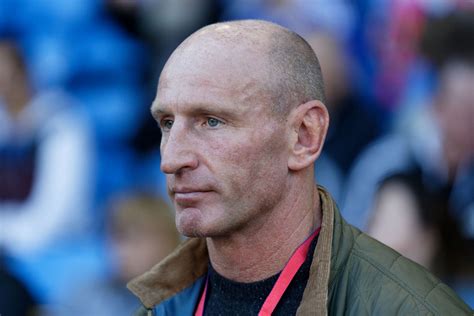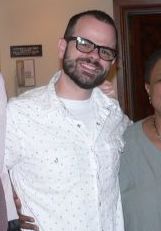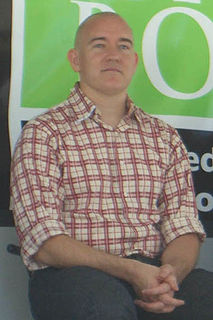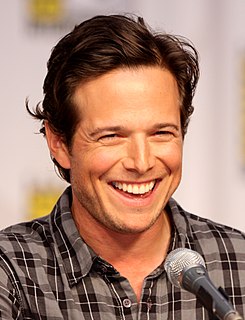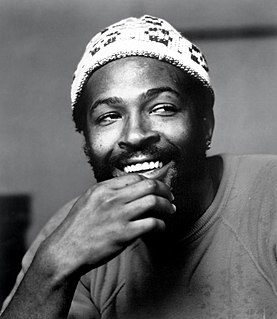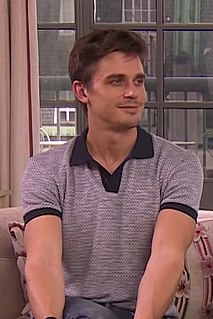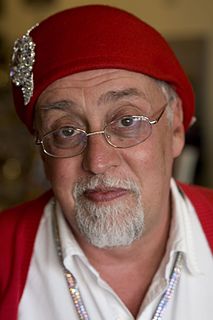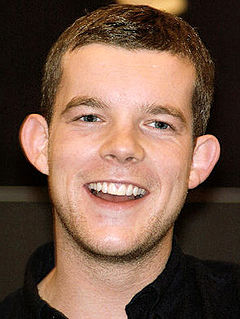A Quote by Pamela Anderson
I landed on Gay Pride and I couldn't believe my eyes! Not only were gay people real - I had only heard rumours - but they had parades. There were men covered in glitter bound together with furry handcuffs. I felt like I was in outer space, I honestly thought I had arrived at the happiest place on earth.
Related Quotes
I had a lot of gay friends and even had some congregation members who were gay, and I just wasn't sure where I stood. In my heart, I was like, "How can I condemn these people for their love of one another?" I started looking deeper into the Bible and studying and then I went to a gay-affirming church. It all came together at one point.
One time I was doing an interview for a gay magazine and halfway through the journalist found out I wasn't gay. He said, 'Sorry, I can't continue the interview.' Because they only had gay public figures in their magazine. I felt so crestfallen. I wanted to tell him: but I play fundraisers for gay marriage! I'd rather my kids were gay than straight!'
I think I was probably looking for gay role models when I was younger, before I even knew or thought I was gay. I didn't really make the connection that they were gay, but I felt drawn to them because they were going against the grain, and I knew there was something that they had that everybody else didn't have. It was an edge.
Because gay people were so much more visible, violence against gays was more common and reported on. But they were definitely related to each other. In the wake of AIDS, gay people felt like they had to organize, become much more active and visible. AIDS fostered a gay rights movement that made gay people more powerful and more vulnerable at the same time.
The ball scene was never really only gay people. I think people have this notion that if there's a man hanging around a gay man, he must be gay, but that's just stigma. Back in the day, it was the same; there were lots of different people there: gay, straight, whatever. They did not care what they were called because they knew who they were.
For the most part, it was never assumed that I was gay, and I've had people be sort of surprised that I was gay or act apologetic like they didn't know, which would just make me really uncomfortable. And I never had shame for it, but I never felt like introducing myself as, 'I'm Antoni. I'm gay. How are you?'

